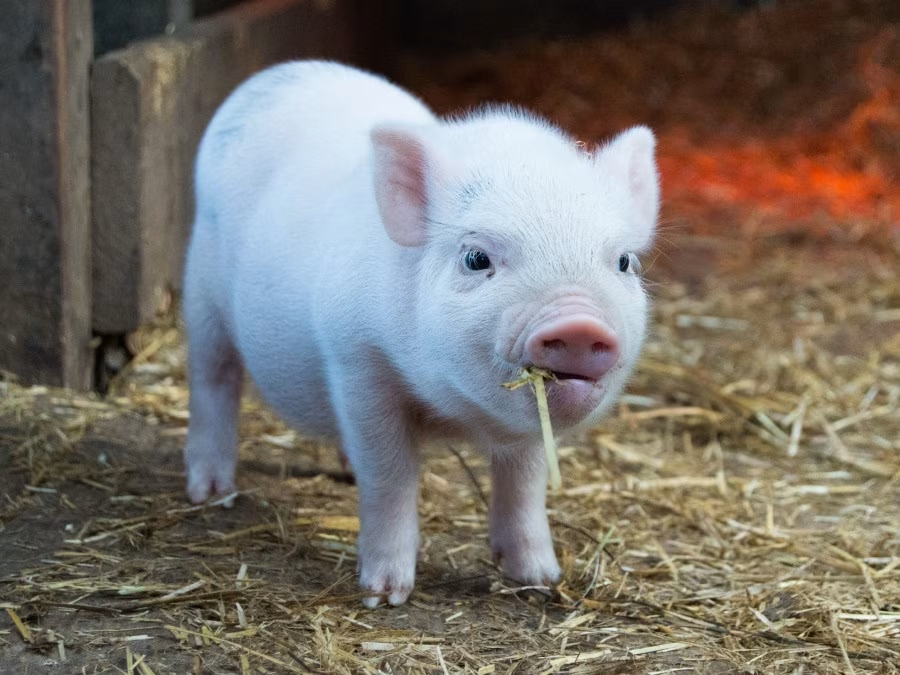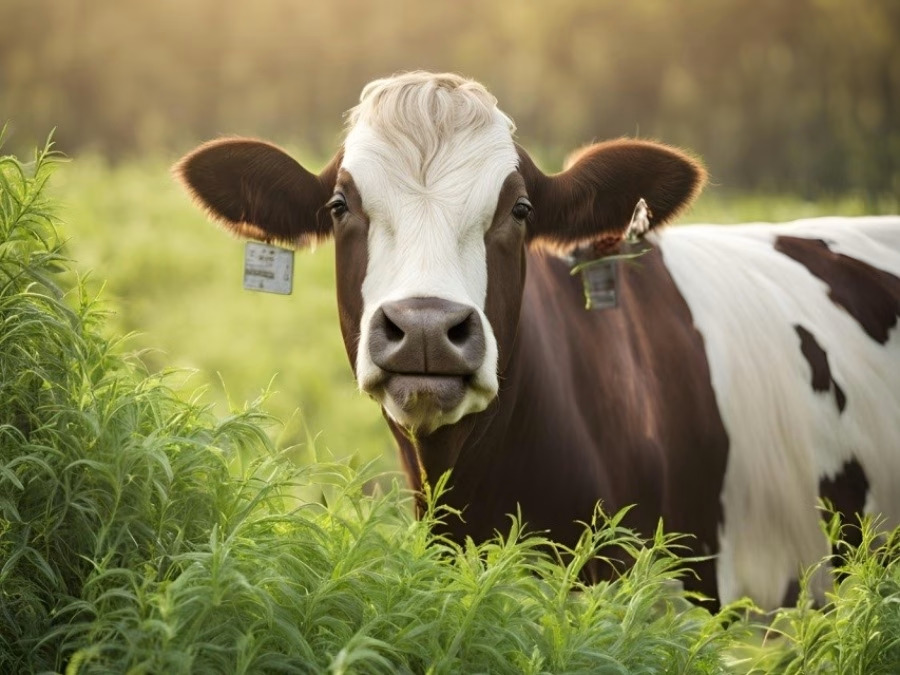In modern society, the intrinsic value and admirable qualities of pigs are often overshadowed by their exploitation in the food and research industries. This article sheds light on these practices and emphasizes the need for ethical and sustainable alternatives.
Why We Love Pigs: Their Admirable Qualities
Pigs are not just farm animals; they are intelligent, social, and emotionally complex creatures. Known for their remarkable memory and problem-solving skills, pigs are considered among the most intelligent animals on the planet. They form close bonds with each other and with humans, showing affection and playfulness in social interactions. Pigs also exhibit a keen sense of curiosity and enjoy exploring their surroundings. These endearing qualities make pigs not just animals to be used but beings to be loved and respected.
The Life of Pigs in Modern Farming and Research
Despite their remarkable qualities, pigs in factory farms and research labs endure awful conditions that deny them the ability to express their natural behaviours. This treatment raises serious ethical concerns and highlights the need for change in how we view and treat these sentient beings.
Health, Environmental, and Ethical Impacts
The widespread use of pigs in food production and research has significant ethical, environmental, and health consequences. It's vital to recognize the broader impacts of these practices and consider more sustainable and ethical alternatives.
Alternatives to Using Pigs in Research
With advancements in science, alternative methods such as computer modeling and organ-on-a-chip technologies are reducing the need for animal-based research. These innovations offer more ethical and often more effective ways to conduct scientific studies.
The Broad Spectrum of Pig Products
Beyond their role in the food industry, pigs are used for an array of products:
- Insulin: Extracted from the pancreas for diabetes treatment.
- Suede and Leather: Used in fashion for shoes, gloves, and more.
- Gelatin: Found in various food products, pharmaceuticals, and cosmetics.
- Lard: Commonly used in cooking and baking.
- Lubricants: Derived from pig fat, used in various mechanical and industrial applications.
Alternatives to Pig-Derived Products
Ethical and sustainable alternatives are available for these products:
- Synthetic Insulin: Biosynthetic human insulin, produced using recombinant DNA technology..
- Suede and Leather Alternatives: Faux leather from polyurethane and other vegan materials.
- Plant-Based Gelatin: Agar-agar from seaweed, and pectin from fruits.
- Vegetable-Based Lard: Cooking and baking shortenings made from vegetable oils.
- Eco-Friendly Lubricants: Biodegradable, plant-based lubricants for various uses.


Health, Environmental, and Ethical Impacts
The use of pigs in these industries has significant ethical, environmental, and health implications. It's vital to recognize the broader impacts of these practices and consider more sustainable and ethical alternatives.
Plant-Based Alternatives to Pork
Parallel to advancements in research methodologies, the food industry has seen a surge in plant-based alternatives to pork. Products made from ingredients like soy, seitan, and jackfruit provide the taste and texture of pork without the ethical baggage. They are also more sustainable and beneficial to health compared to traditional pork products.
The market is now rich with plant-based pork alternatives, ranging from "no-pork" sausages to plant-based bacon and burgers. These products often come with vegan labels, ensuring they are free from animal derivatives and often from animal testing.
Moving Forward
Recognizing the admirable qualities of pigs and the ethical implications of our choices, we can shift towards a more compassionate and sustainable way of living. By choosing plant-based alternatives and supporting humane research practices, we contribute to a more ethical and responsible world.
Conclusion
Pigs, with their intelligence, social nature, and emotional depth, deserve our respect and compassion. As we become more aware of the implications of using pigs for food, research, and other products, we are better positioned to make choices that honor these remarkable animals and align with our values of kindness and sustainability.




















